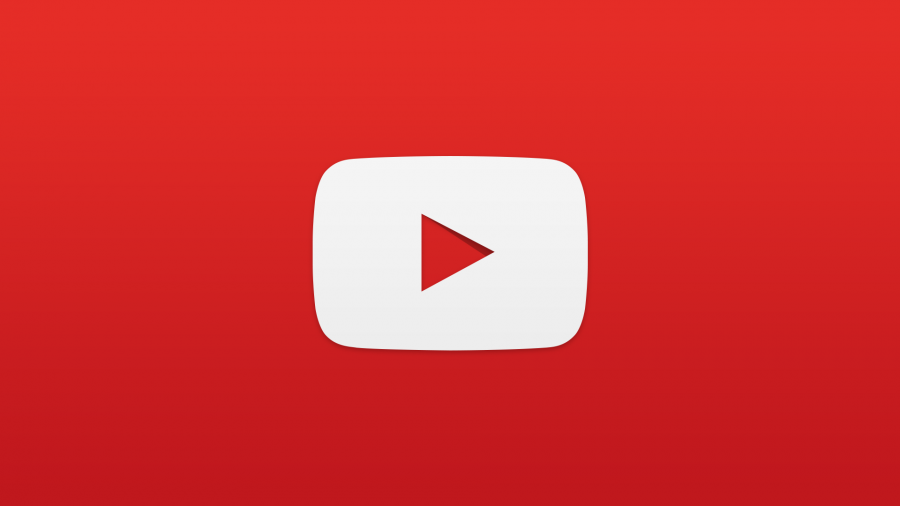YouTube is the second largest search engine worldwide – case in point.
But if you’d still like to find out more about how social media boosts your SEO efforts: stick around.
What does SEO mean, again?
SEO stands for Search Engine Optimisation. But it goes hand-in-hand with social media marketing services.
Search engines use algorithms to determine what results are displayed when searches take place on the Internet. By understanding the factors that determine these algorithms, you are at a marketing advantage. Websites which achieve the highest rankings on search engine results pages (SERPs) are in effect optimal.
For Internet users, search engines should help them find what they are looking for; for businesses, search engines can ensure traffic is directed to their websites.
So how does social media contribute to this process?
Social information is playing more and more of role in Internet searches as social content can appear in the SERPs; social influence is seen to be growing on search rankings.
Search
Take a back-end approach to Internet searches; think of what content to make available based on predictions of what people search for. This includes insightful forecasts of varying key phrases – even, or especially, those which get misspelt – and the context in which they appear on social media. This way if you’re thinking of the needs of the customer you’re also considering the front-end perspective. You’re taking into account the proliferation of social media users and why and how they consult the Internet. You’re thinking of what your customers are saying, asking and sharing.
The social sphere also has credibility as social media links are in fact used as signals of relevance. This means that activity in the social realm is apparent on the outside and Internet users will be drawn to engage with your business because social endorsement, much like word-of-mouth, is valued highly.
Engine
Engine, as a word on its own, is connoted with power and motion. Search engine, as a term, was not decided on arbitrarily.
The engine as an instrument used in this particular process, has an enormous and astounding capacity and indeed negotiates and facilitates constant shifts. The right tools should be used to enhance the engine results – social media is one of these tools! Search engines have a refined understanding of semantics as well as the way language is used.
Engines have started to mimic humans in the way that they follow links from one web page to another. Links provide validation and indicate importance. If a website receives these votes of confidence it becomes more trusted. Once again, it is on social media pages that a lot of this sort of voting takes place because of the shareable content. The strong-and-fast engine doesn’t let this go unnoticed. It responds to the users’ needs and awards businesses their due traffic.
Optimisation
We’ve set this one up to speak for itself.
Have you heard of off-page optimisation? It is focused specifically on building links to a website and – no surprise here – it covers social media activity. Optimisation ensures that the most authoritative, relevant, trustworthy and important results surface. It also sees to popularity, and what indicates popularity better than social media? Well – reality TV does, actually. But thankfully we’re not referring to broadcast media or celebs!
In the social realm, you can manipulate, customise and optimise the media itself. From keywords to captions, headings to images: you can describe the media so that search engines are able to identify and decipher the content. Images and videos (strong features within social media) also show up on SERPs. Enabled by social media, your brand can practice ownership over the SERP real estate.
In conclusion: when you think of a digital marketing strategy, know that it should be the culmination of an effective social media strategy and an effective SEO strategy because the lines dividing the two are intentionally blurry.
Source: eMarketing: The Essential Guide to Marketing in a Digital World (2013) by Rob Stokes
